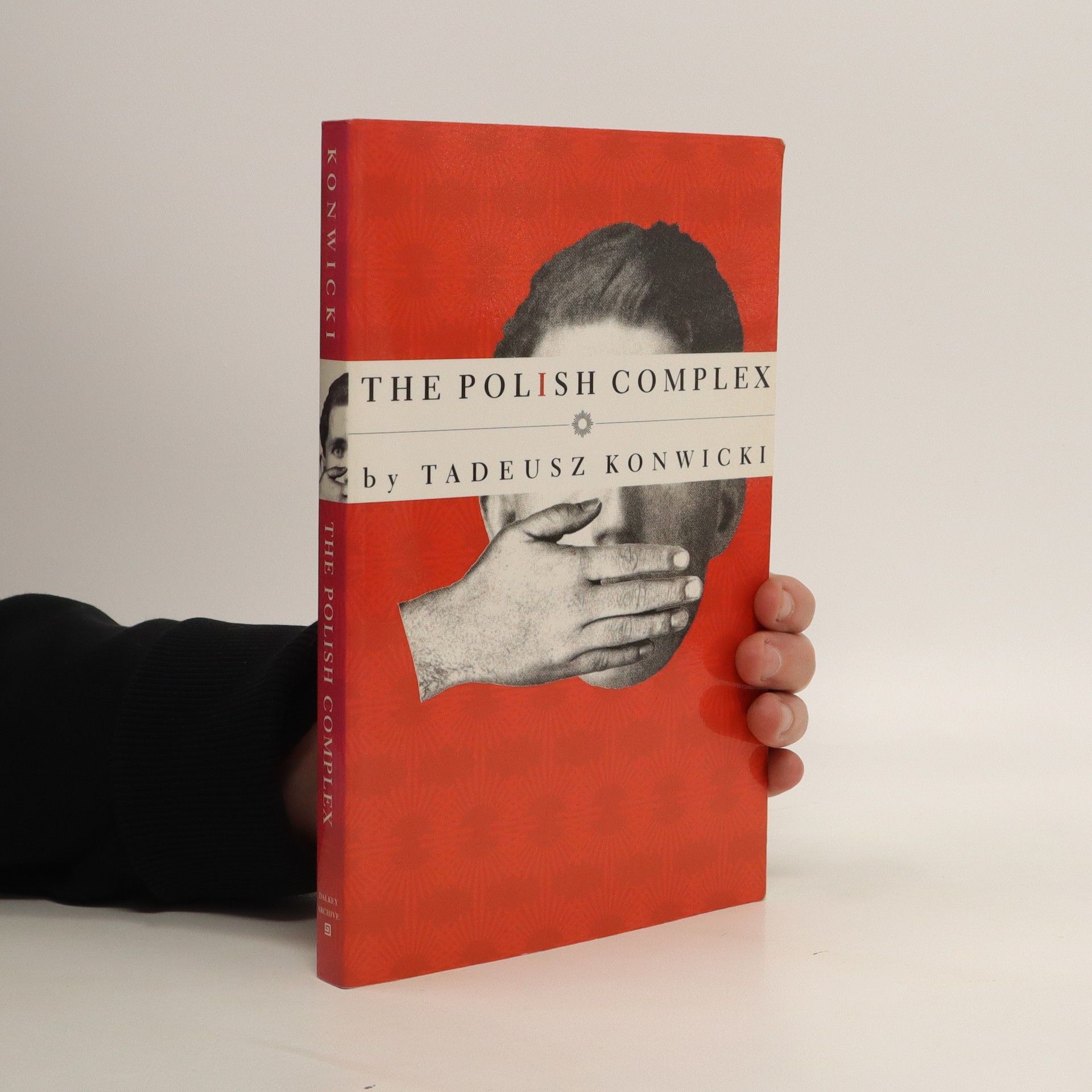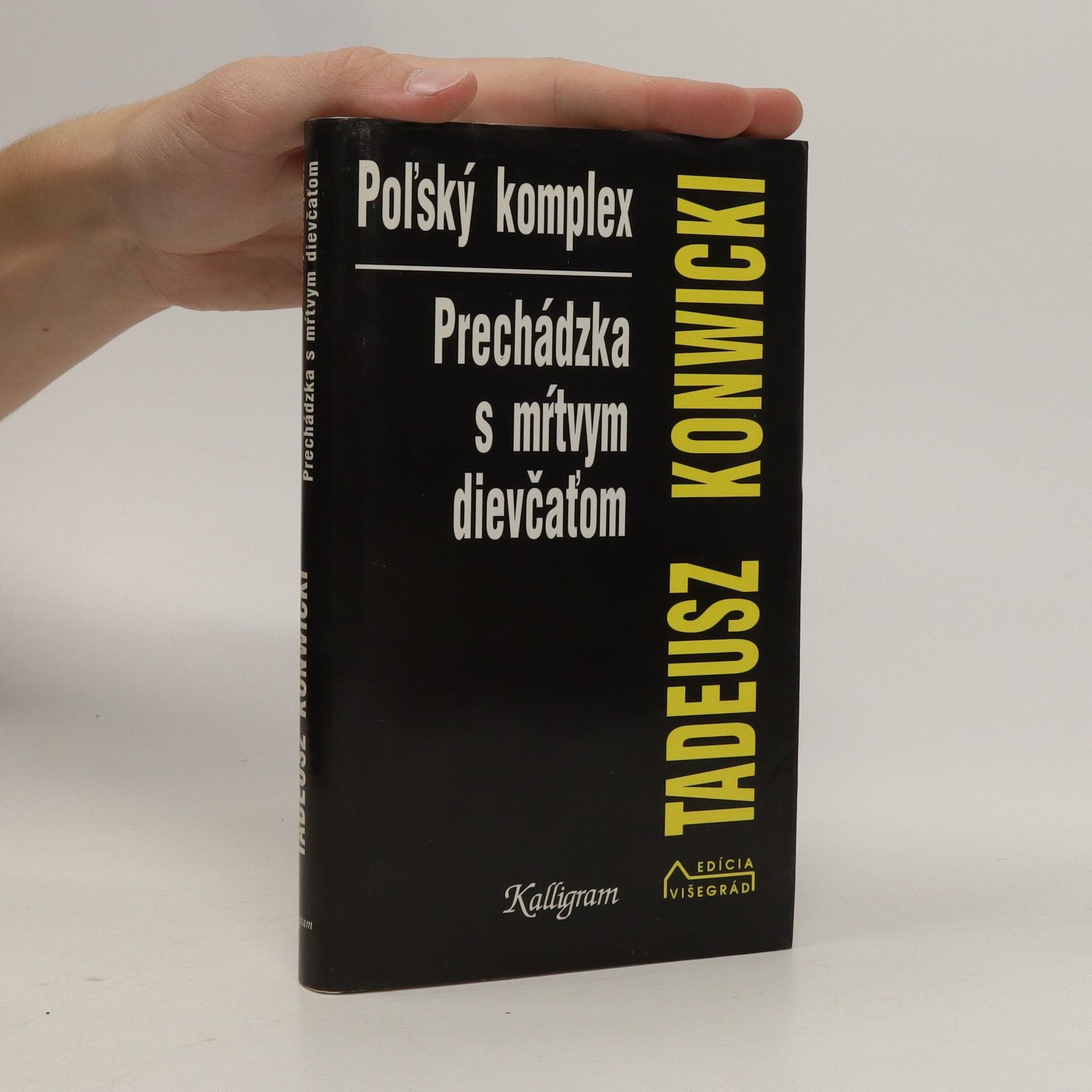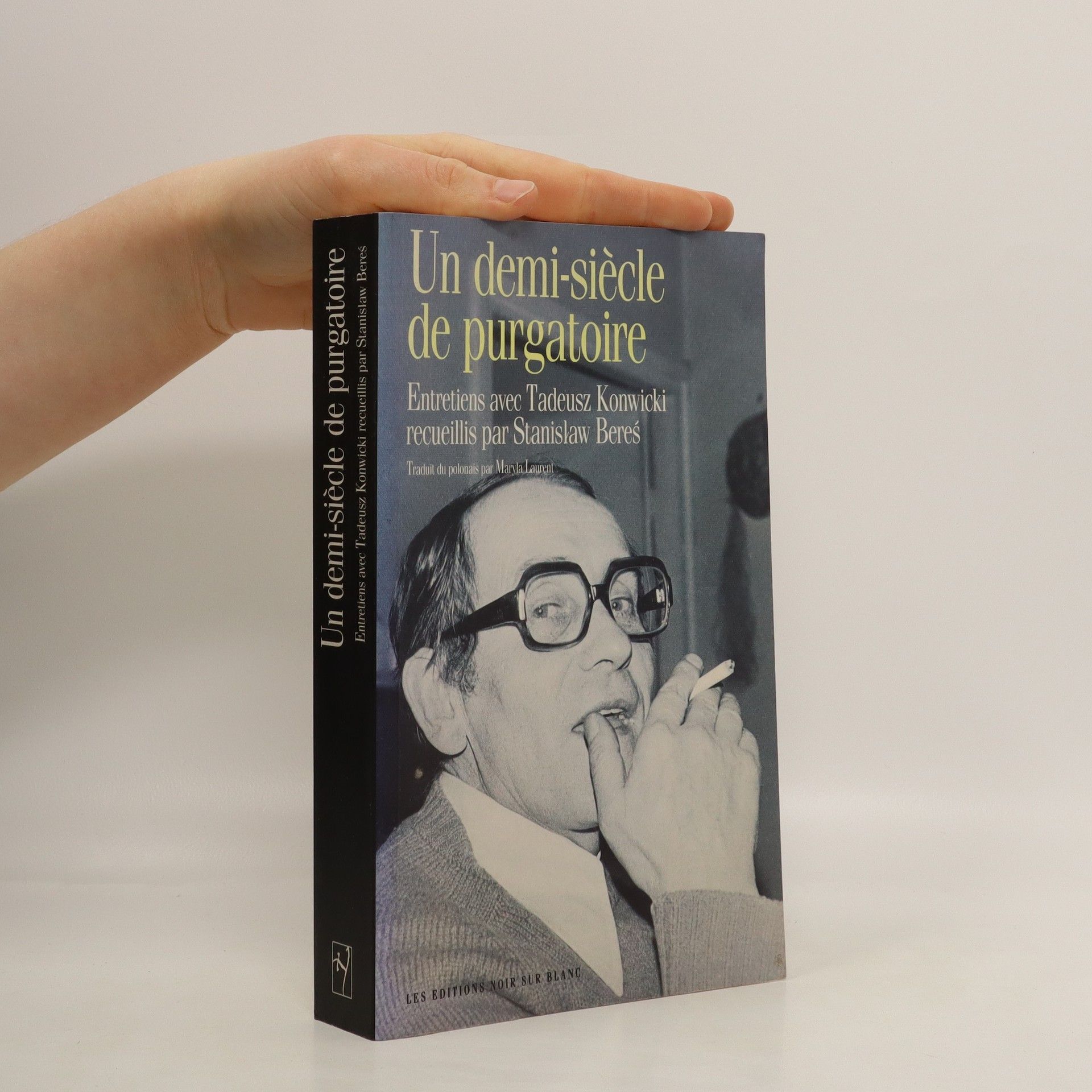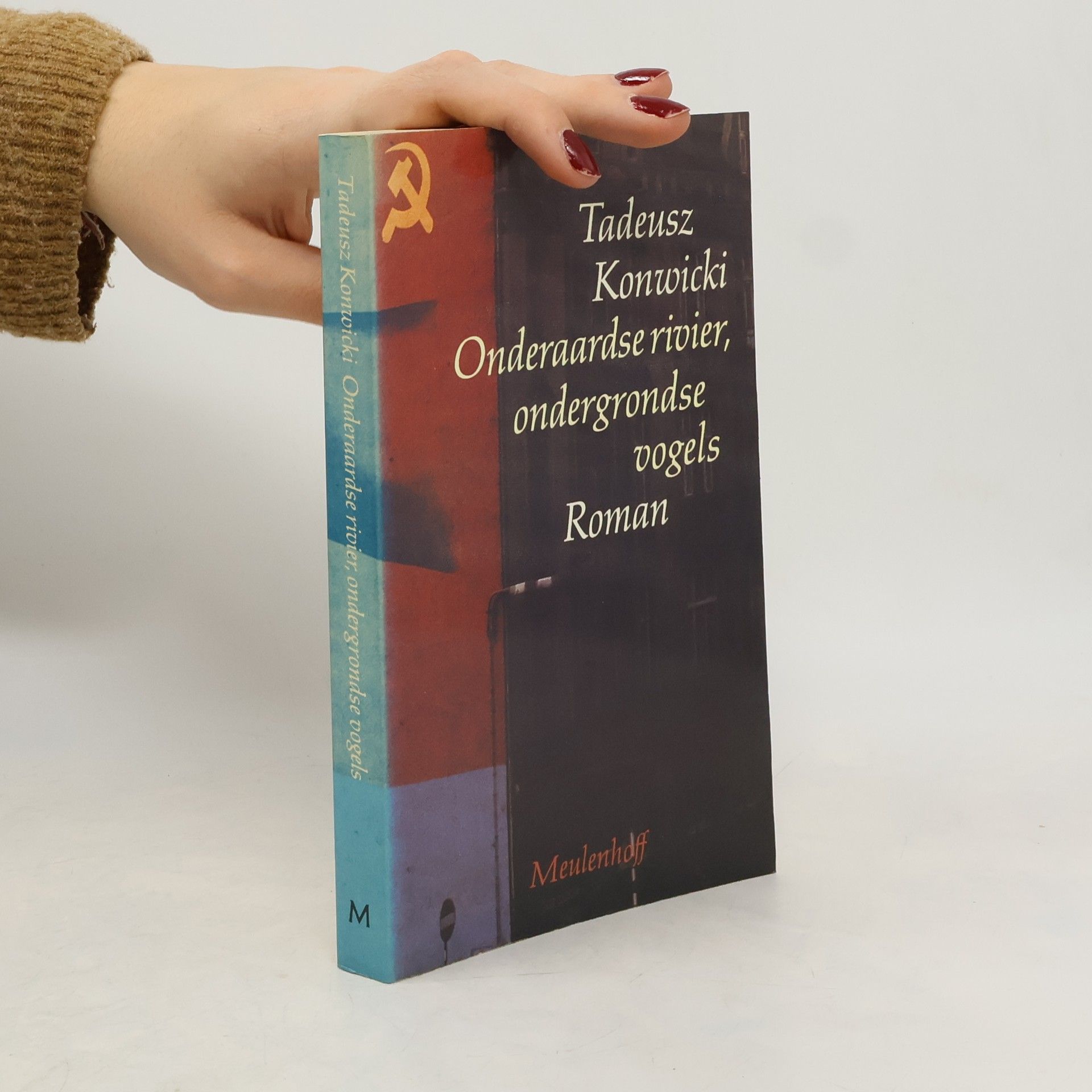Świat wszechobecnej fikcji, sennych majaków i wspomnień, w którym nie sposób odróżnić, co jest traumą wyniesioną z przeszłości, a co przytłaczającą teraźniejszością. Polska Konwickiego to kraina zachwianych proporcji, zawieszona w czasie, rozciągająca się u stóp Pałacu Kultury symbolu radzieckiej obecności w nadwiślańskiej prowincji. Kompleks Polski i Mała Apokalipsa, mimo wyraźnych związków z rzeczywistością drugiej połowy lat siedemdziesiątych, to powieści ukazujące nie tylko doświadczenie ówczesnych Polaków, ale też będące krytyką rozdartej tożsamości mieszkańców państw demokracji ludowej. Konwicki przyczyn katastrofy późnosocjalistycznego dekadentyzmu i rezygnacji doszukuje się przecież nie na zewnątrz, ale w nas samych. Dzieła zaprezentowane w niniejszym tomie są wyjątkowe na tle bogatej i różnorodnej twórczości autora. Stanowią kontynuację niektórych wyborów artystycznych Konwickiego na przykład szczególnie pojmowanego autobiografizmu a jednocześnie są wyrazem nowej wizji świata, jakiej oczekiwano od literatury po 1976 roku.
Tadeusz Konwicki Book order (chronological)
Tadeusz Konwicki was an influential Polish prose writer, screenwriter, and film director, credited with establishing 'auteur cinema' in Poland. His work is profoundly imbued with guilt, anxiety, and a sense of helplessness when confronting a repressive society, significantly shaped by his wartime experiences. In his later writings, Konwicki grappled with Poland's social cataclysms, his prose often marked by bitter mockery and lyrical reflection. His novels are recognized for their psychological depth and unsettling power, positioning him as a pivotal figure in postwar Polish literature.







Seria ta, to pierwsze zbiorowe wydanie dzieł Tadeusza Konwickiego i zarazem pierwsze tak drobiazgowo zrekonstruowane na podstawie rękopis�w, pozyskanych z archiwum autora oraz z Biblioteki Ossolineum we Wrocławiu i Biblioteki Narodowej w Warszawie. Dzięki temu są to też - w wielu wypadkach - pierwsze wydania z przywr�conymi fragmentami, kt�re wycięła cenzura, oraz z poprawionymi błędami, kt�re zaistniały w poprzednich edycjach. Wszystkie zmiany zostały uzgodnione z autorem.� Dodatkowym atutem tej serii są ilustracje - m.in. nigdy niepublikowane (jak w wypadku 'Dziury w niebie' czy 'Sennika wsp�łczesnego') rysunki Danuty Konwickiej, żony pisarza, oraz jego samego.
Pol'ský komplex / Prechádzka s mŕtvym dievčaťom
- 320 pages
- 12 hours of reading
Romány uverejnené v tejto knihe sú výraznými míľnikmi Konwického tvorivej cesty. V Poľskom komplexe sa vyrovnáva so šedivou skutočnosťou poľského variantu reálneho socializmu, pričom v reminiscenciách z minulosti nachádza analógiu so súčasným porazeneckým "sovietskym" Poľskom. V Prechádzke s mŕtvym dievčaťom sa stretávame s tým istým "ponevierajúcim sa" skeptickým hrdinom v celkom iných, totiž v "trhovoslobodných" aktuálnych časoch, charakteristických bezradnosťou, mafiánskou anarchiou, bujnením nacionalizmu, zločinnosti, politickej predajnosti a ľudskej amorfnosti, čiže buriniek, ktoré dôverne poznáme aj z domácej predzáhradky...
Tadeusz Konwicki est un écrivain controversé dans la littérature polonaise contemporaine. Ayant combattu - par les armes - l’occupant nazi, puis soviétique, il chantera les louanges du système stalinien, avant de devenir la bête noire littéraire de l’ex-régime communiste. Aussi la gageure était-elle grande d’entreprendre des entretiens avec un tel personnage. Ceux-ci ont été réalisés en 1984. Conçus à l’origine dans un but d’archivage, ils ont très vite donné matière à un ouvrage structuré et méticuleux, riche des confidences mais aussi des doutes et des contradictions de Konwicki. Par ses questions passionnées et perfectionnistes, parfois hautement risquées, Bereś suscite l’évocation du parcours personnel, politique, littéraire et artistique d’un auteur qui s’est aussi forgé de belles lettres de noblesse dans le domaine de la mise en scène cinématographique. Ces entretiens sont menés sans complaisance aucune. Le ton en est souvent virulent, chargé de dynamite, Konwicki se voyant poussé dans ses derniers retranchements. Mais l’esprit de dialogue et d’entente, de jeu aussi, triomphe : véritable maïeutique de l’échange constructif. Des entretiens à lire comme le prolongement d’une œuvre déjà imposante, sur laquelle ils apporteront maint éclairage.
The Polish Complex takes place on Christmas Eve, from early morning until late in the evening, as a line of people (including the narrator, whose name is Konwicki) stand and wait in front of a jewelry store in Warsaw. Through the narrator we are told of what happens among those standing in line outside this store, what happens as the narrator's mind thinks and rants about the current state of Poland, and what happens as he imagines the failed Polish rebellion of 1863. The novel's form allows Konwicki (both character and author) to roam around and through Poland's past and present, and to range freely through whatever comes to his attention. By turns comic, lyrical, despairing, and liberating, The Polish Complex stands as one of the most important novels to have come out of Poland since World War II.
Bohiń
- 183 pages
- 7 hours of reading
Nowa powieść Tadeusza Konwickiego, prozaika, scenarzysty i reżysera filmowego, jest autokreacją jego przeszłości rodzinnej, próbą domniemania losów nieznanej pisarzowi babki, Heleny Konwickiej, zagubionej w mająteczku Bohiń na Wileńszczyźnie. Autor kreśli sugestywny obraz głównej bohaterki, kobiety pięknej i wrażliwej, pełnej sprzecznych uczuć osobistych i równie sprzecznych zachowań społeczno-obywatelskich, zdeterminowanych trudną sytuacją narodową po powstaniu styczniowym. (opis z tyłu okładki książki)
In het hedendaagse Polen denkt een typograaf gevolgd te worden door de geheime politie.
"Oto nadchodzi koniec świata. Oto nadciąga, zbliża się czy raczej przypełza mój własny koniec świata. Koniec mego osobistego świata. Ale zanim mój wszechświat rozpadnie się w gruzy, rozsypie na atomy, eksploduje w próżnię, czeka mnie jeszcze ostatni kilometr mojej Golgoty, ostatnie okrążenie w tym maratonie, ostatnich kilka szczebli w dół albo w górę po drabinie bezsensu." W 1979 roku w Warszawie oraz Londynie, poza cenzurą, ukazała się powieść Tadeusza Konwickiego „Mała Apokalipsa”, która dość szybko została uznana za najgłośniejszy utwór, opublikowany w czasach PRL w tzw. „drugim obiegu”. Dzieło ukazywało groteskowy i absurdalny obraz Polski Ludowej i obnażała mechanizmy funkcjonowania opozycji.



